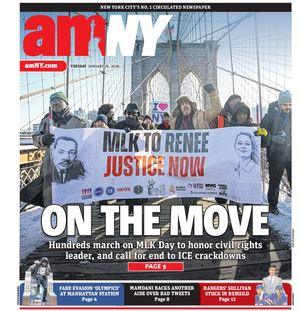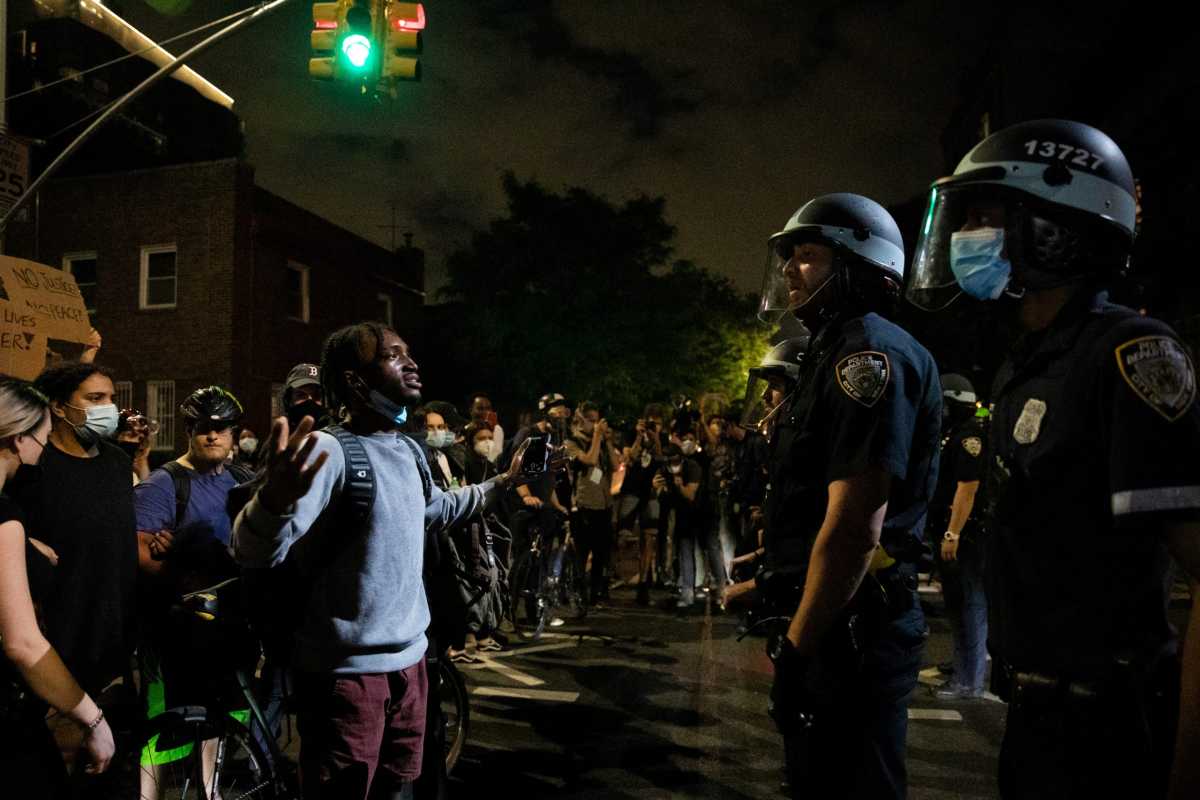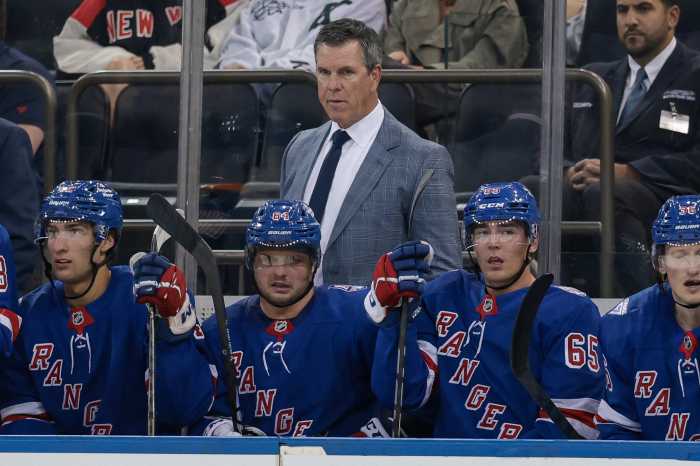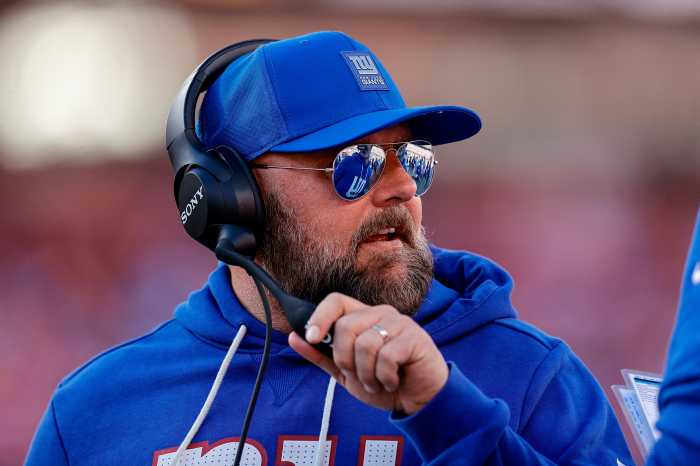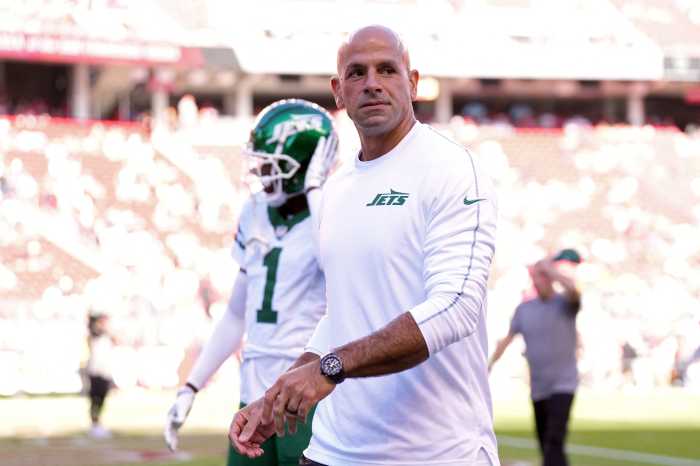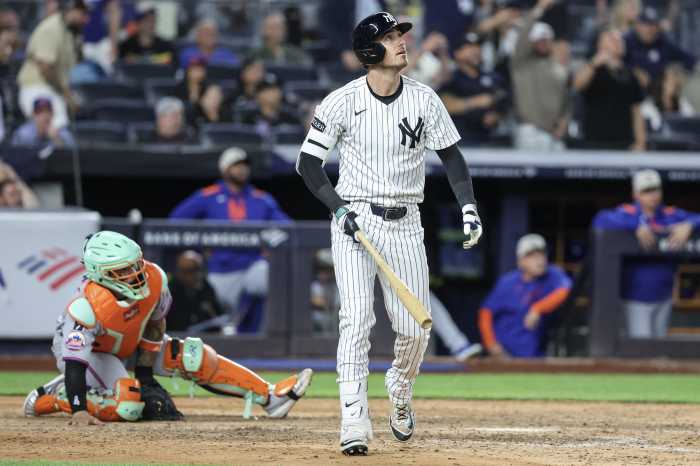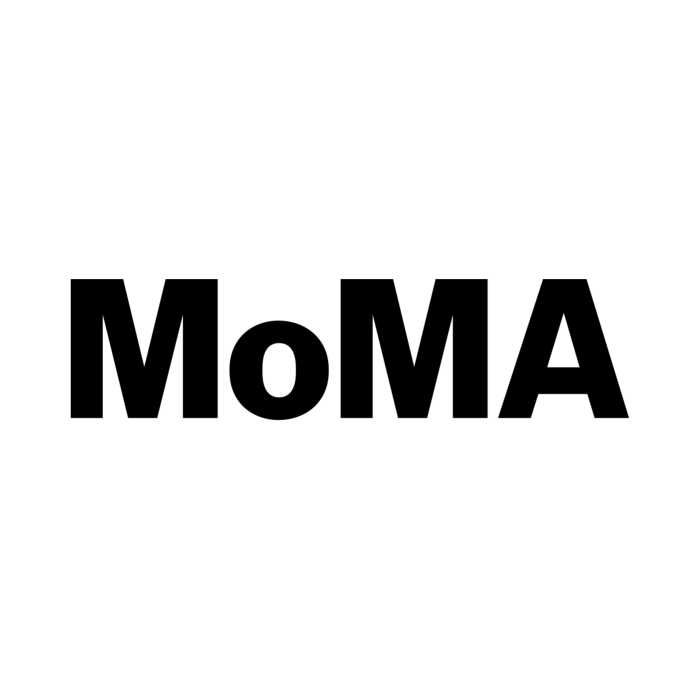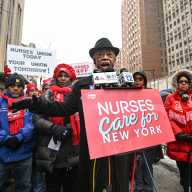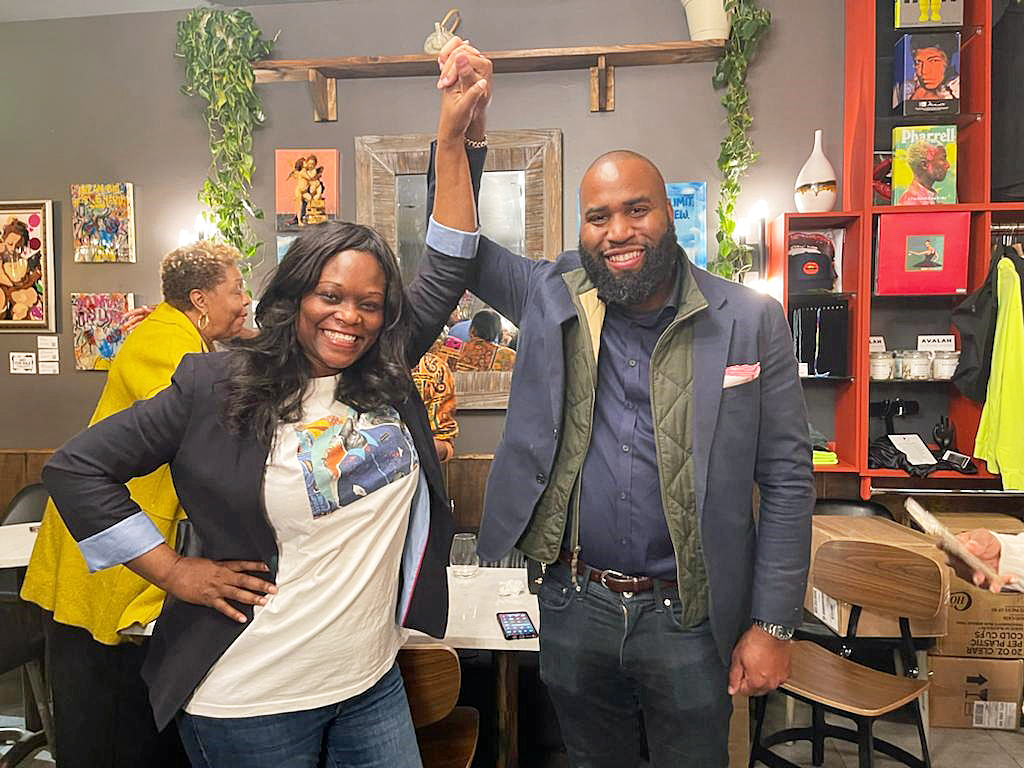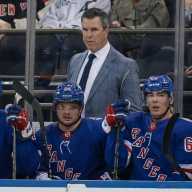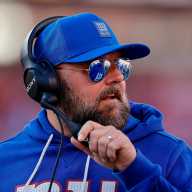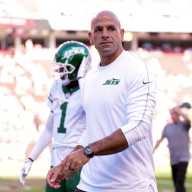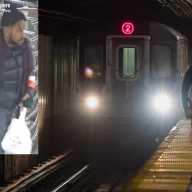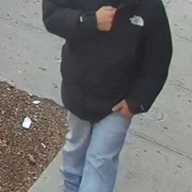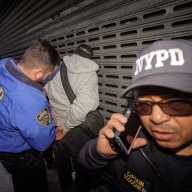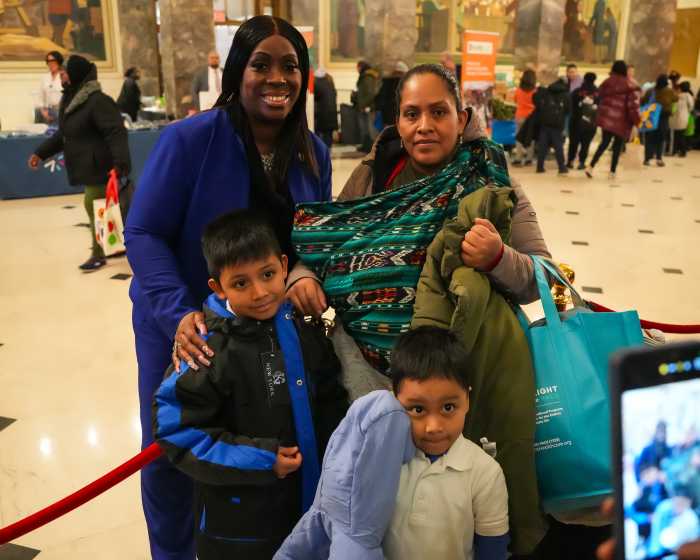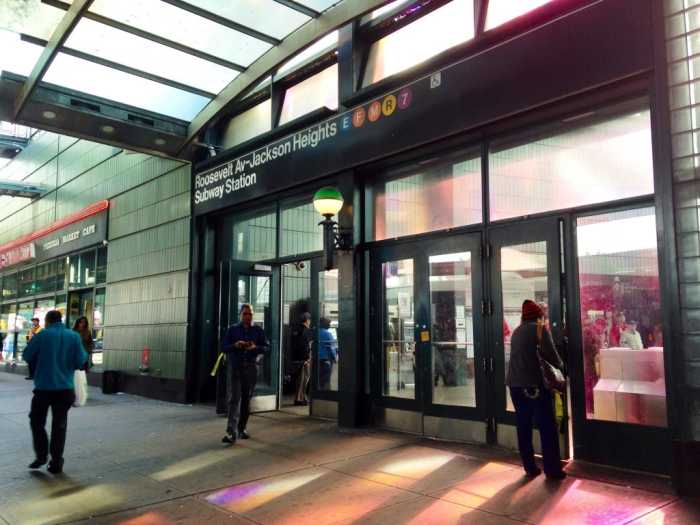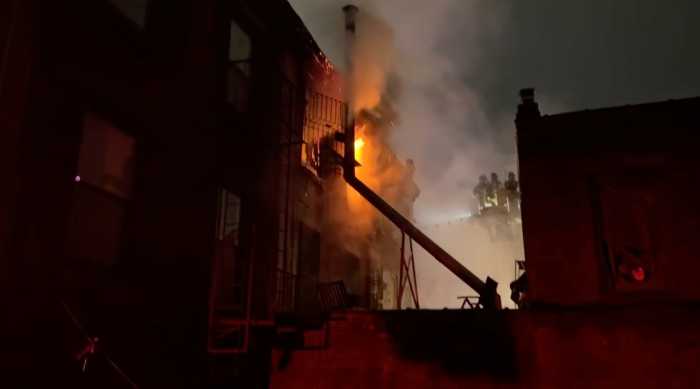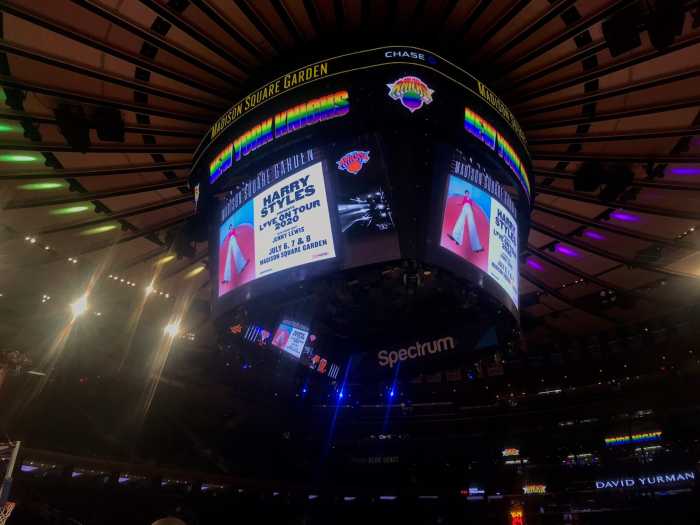In the grand scheme of things, sports were trivial during the height of the coronavirus outbreak across the United States. They seem even more trivial now.
Discussing and, at times, obsessing over its return helped provide a light at the proverbial end of this tunnel, which seems to be approaching whether we’re truly ready or not.
But sports has become that much more trivial while the United States is in the throes of unrest — to which we felt it was only appropriate to address before we delve into our daily coverage.
This is usually the part of the program where incredulous readers tell me to “stick to sports.” Sorry, folks, not happening.
The murder of George Floyd — an unarmed black man described as a beloved member of the Minneapolis community — at the hands of the corrupt white police officer, Derek Chauvin, has sparked protests across the nation in the continued attempt to amend the ongoing problem of police brutality against black Americans.
A number of those protests, from Minneapolis to Atlanta to New York City, have descended into riots where we woke up this weekend to see the nation burning.
By all appearances, the vast majority of protesters out in the street are peaceful; only a percentage are lashing out, and there’s already suspicion that those behind the violence have ulterior, more sinister motives for undermining the protests.
Regardless, a majority of us are not in a position to dictate how movements such as Black Lives Matter, or activists, or professional athletes — who can use their platform for good — can dictate their frustration.
I come from a position of white privilege, which ensures that I don’t have to worry about my health or safety or the wellness of future opportunities just because of the color of my skin.
I don’t have to fear for my life if confronted by law enforcement or out for a run; a reality black Americans are forced to keep in the back of their minds every day. And my friends and neighbors have every right to feel that way after the murders of Floyd, Trayvon Martin, Eric Garner, Breonna Taylor, Freddie Gray, Aiyana Jones, and Ahmaud Arbery.
After hundreds of years of oppression. After being exposed to the systemic racism that plagues this country and is fueled by those in power who run this country.
Because of that privilege, I feel unqualified to speak on such matters but because of my platform, I feel that being quiet is more of a travesty — a stance that I regrettably have taken over the past few years in incognito support more than anything.
But there comes a time when enough is enough.
Colin Kaepernick kneeled for the national anthem. Professional athletes also raised fists or joined arms during those pregame ceremonies. NBAers like LeBron James and Kobe Bryant wore shirts that read “I Can’t Breathe.” Anquan Boldin and other NFL players met with Congress to try and address the country’s cultural landscape.
Those silent protests fell upon deaf ears.
After years of disrespect and opprobrium, how did you expect things to turn out? By ignoring it, did you think it would just go away?
That’s not how the world works.
People are fed up and their frustrations are starting to spill over. But as I’ve seen written on signs and on buildings throughout the United States: “Merchandise can be replaced. Black lives can not.”
“A time comes when silence is betrayal.” Martin Luther King Jr.’s 1967 quote rings just as true today.
Thank you to Boston Celtics guard Jaylen Brown, who drove 15 hours to Atlanta to partake in protests, which was also attended by Indiana Pacers guard Malcolm Brogdon.
Thank you to Seth Owens, an Ohio State basketball transfer who just one day after graduating from Harvard was detained by Columbus police for peacefully protesting at the school.
Thank you to Weston McKennie, a budding American soccer player plying his trade in Germany, who wore a “Justice for George Floyd” armband during Schalke’s match on Saturday.
Thank you to New York Knicks guard Dennis Smith Jr., who joined the likes of hip-hop superstar J. Cole in Fayetteville, NC at protests.
Thank you to Minnesota Timberwolves All-Star Karl-Anthony Towns, who took part in Minneapolis protests just weeks after losing his mother to COVID-19.
Thank you to those who are out there educating the privileged who get squeamish or don’t want to hear about this. Keep making them uncomfortable.
My reach might not be large, but it’s only right that it is used for righteousness.
Also Read: https://www.amny.com/sports/nba-return-to-play-vote-acceptance-expected-thursday/
